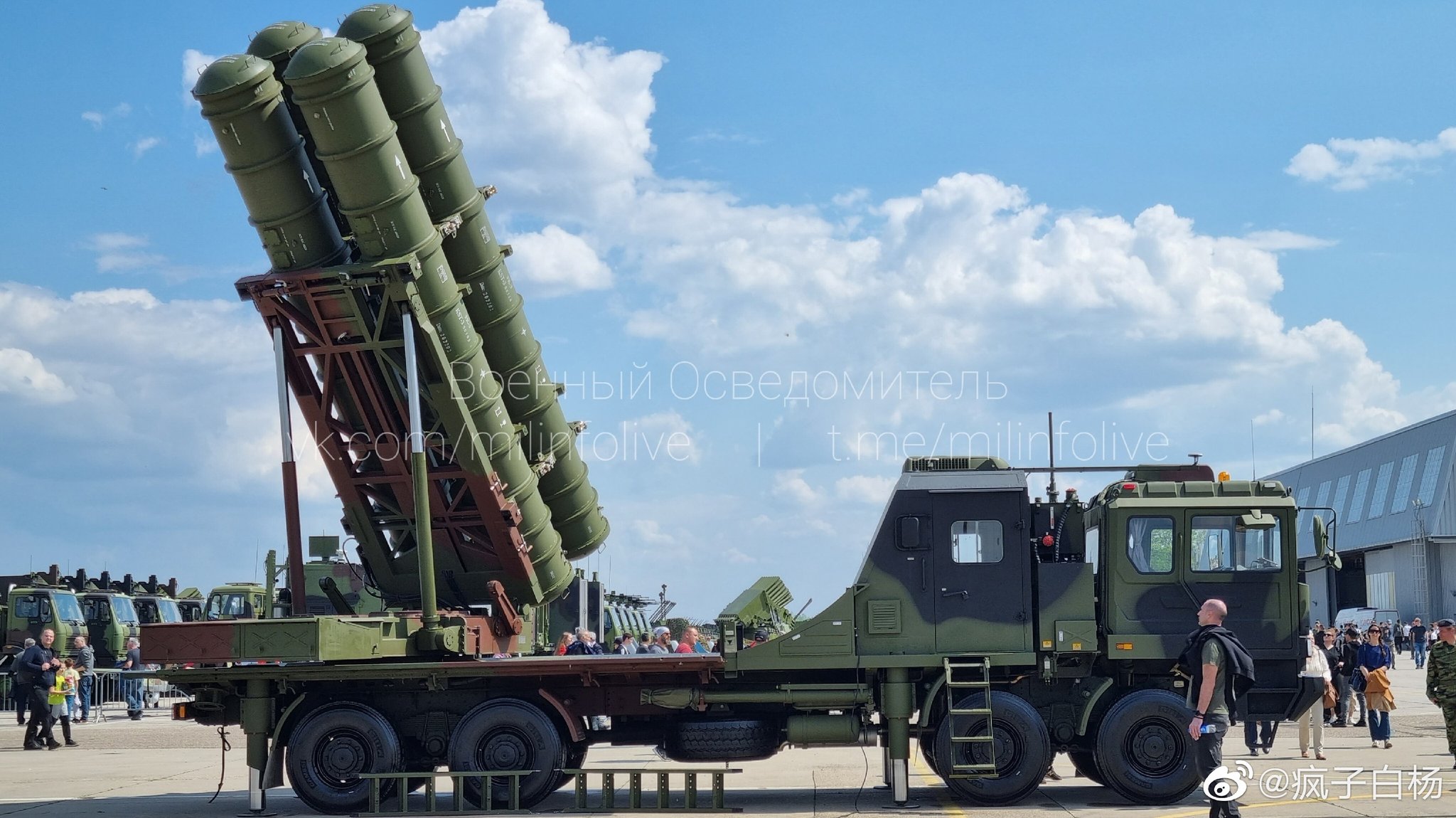China’s expanding footprint into Siberia, the only European country that uses Chinese weapons, threatens both the Russian defense industry and European security.
China’s H-20 Stealth Bomber Threatens ‘Easy Penetration’ Of Himalayan Border; How Can IAF Respond?
During Chinese President Xi Jinping’s visit to Serbia earlier this week to strengthen relations with states on the periphery of the European Union, Serbia and China agreed to work toward a “shared future.”
The visit, which saw Xi upholding the so-called comprehensive strategic partnership, is expected to boost high-tech weapons links between the two nations and heighten the US and China’s “competition for influence” in the Balkans over sales of cutting-edge weapons.
Following their meeting in Belgrade, President Aleksandar Vucic of Serbia and Chinese Leader Xi Jinping declared their intention to “build a new era of a community with a shared future between China and Serbia” as well as “deepen and elevate the comprehensive strategic partnership between China and Serbia.”
Like several other East European or Balkan countries, Serbia’s military is built on Soviet technology owing to years of political and cultural ties with Moscow. However, Russia’s grinding war in Ukraine has pushed Serbia closer to China. Currently, Serbia is the only European country using Chinese weapons – notably drones and air defense systems.

In 2019, Belgrade purchased China’s FK-3 surface-to-air defense system. It is an export version of the HQ-22 missile system comparable to the Russian S-300. The system was delivered by China in 2022 and has since been operated by the Serbian military. Incidentally, China’s use of six Y-20 cargo aircraft to supply HQ-22 missiles during the conflict in Ukraine was interpreted as a “show of force.”
Additionally, President Vucic described the system as a “powerful deterrent” against potential attackers – referring to NATO’s bombardment of Serbia.
China also armed Belgrade with 18 FT-8C laser-guided missiles and six CH-92A combat drones in 2020, capable of flying up to 16,400 feet, covering a radius of 250 kilometers, and reaching a top speed of 124 miles per hour. Later, it acquired the cutting-edge Chinese CH-95 UAVs, with Vucic hinting at the purchase of more later.
In October last year, Serbia’s deputy prime minister Milos Vucevic, who is also defense minister, told the Chinese state-controlled Global Times in an interview that the Chinese military equipment had strengthened the Serbian armed forces significantly.
Vucevic said, “Regarding bilateral Serbia-China relations, I would single out military-to-military cooperation, as well as economic cooperation and numerous investments, which are very important for our country.”
The primary drivers behind China’s missile and drone deliveries to Serbia have been attributed to geopolitical and geo-economic benefits. Some reports have asserted that Beijing may be attempting to break through the EU military market by arming Serbia, a desire that was previously thwarted by the EU arms embargo on China in 1989.
With Russia occupied in the Ukraine war and the arms support from the West conditioned upon Serbia’s relationship with Kosovo, which broke away from the Balkan country with US assistance in 2008, China has emerged as a promising arms supplier, much to the West’s dismay.
The US envoy to the Western Balkans, Gabriel Escobar, said that Xi’s first visit to Europe in five years was meant to sow discord among the European governments. While it is too premature to predict whether more military deals will follow the visit, Siberia’s threat perception has led to predictions that the military relationship will likely expand.
China’s Growing Influence Over Serbia
Belgrade has been playing a delicate balancing act in terms of foreign policy between the West and Russia/China, taking advantage of the geopolitical rivalry between the two “blocs” to its advantage.
As tensions with its smaller neighbor, Kosovo, increase, Serbia’s military is turning to Chinese arms suppliers to fill the gaps created by Russian manufacturers, which are currently busy arming Russian forces against Ukraine.
An enormous military build-up along Serbia’s border with Kosovo in late September caught the country’s major Western arms suppliers, France, Germany, and the United States, off guard. The Serbian build-up was set off by an attack by armed ethnic Serb gangs on the Kosovan police. It served as a reminder to the West that all was not well in Serbia.
In the face of these tensions, China has emerged as a key partner, as demonstrated by the warm welcome received by Xi Jinping during his visit to the Balkan country. Thousands of people from all across Serbia were hustled into a welcoming ceremony for Xi in front of the Serbia Palace.
Validating that sentiment, Xi stated, “We are first-hand witnesses that the Serbian people view Chinese people as ironclad best friends,” at the opening of the formal meeting.
Beijing, for one, has been able to gain more favor with the Serbians by using its veto power to prevent Kosovo’s recognition and by continuously denouncing NATO’s 1999 air war over Serbia, which also saw the unfortunate NATO bombing of the Chinese Embassy.
Xi’s visit to Serbia was timed to match the anniversary of the NATO bombing of the Chinese embassy in 1999. While NATO claimed that the bombardment, which left 20 Chinese citizens injured and three Chinese journalists dead, was an accident, Beijing remained unconvinced.
Xi wrote for the Serbian daily Politika, saying, “This we should never forget. The Chinese people cherish peace, but we will never allow such tragic history to repeat itself.” Xi’s belief has effectively positioned China as a crucial ally of Serbia.
The tensions between Serbia and Kosovo continue to simmer, warranting a military modernization in Serbia, which still uses archaic equipment from the late 1990s. With its political and military capital, China seems to have seized the opportunity.
- Contact the author at sakshi.tiwari9555 (at) gmail.com
- Follow EurAsian Times on Google News